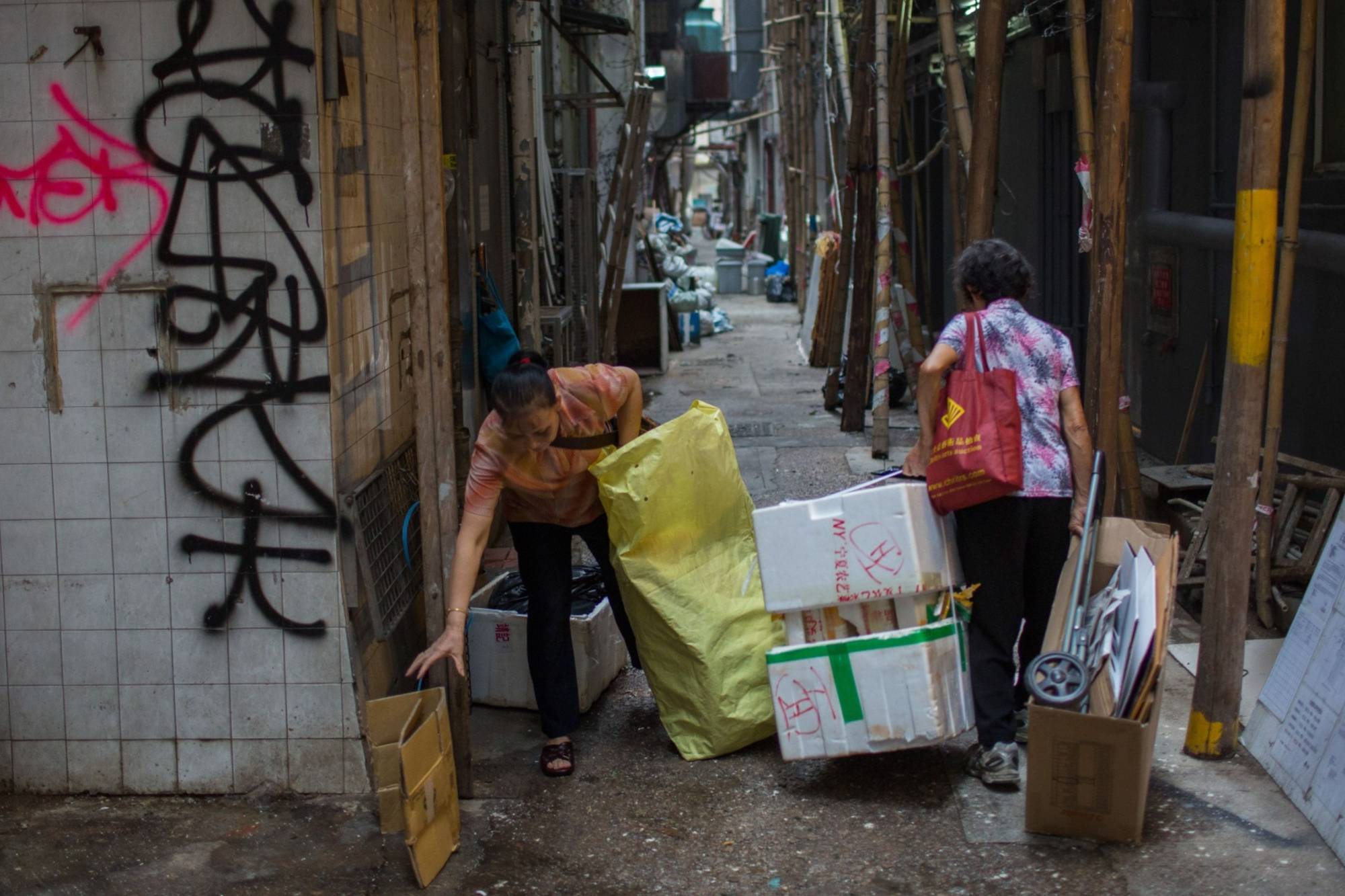The COVID-19 pandemic has ravaged Hong Kong’s economy. It should also press the government to tackle an enduring stain: The reality that too many, in one of the world’s richest cities, live in informally partitioned homes no bigger than a parking space.
With stringent measures, the city kept coronavirus cases under control for much of 2020. Now, though, it is struggling to contain a renewed surge centered on decrepit tenement buildings in southern neighborhoods of Kowloon, where many low-income residents live in overcrowded conditions. Now thousands, many of them South Asian migrants, are under mandatory testing orders.
Subdivided apartments — cubicles carved out of existing flats or buildings — are an emblem of the government’s failure to tackle the city’s housing shortage, an abdication of responsibility that has already contributed to widening inequality and rising social tensions. The waiting time for a public housing unit is almost six years, and often considerably longer for those who aren’t treated as a priority.

















With your current subscription plan you can comment on stories. However, before writing your first comment, please create a display name in the Profile section of your subscriber account page.